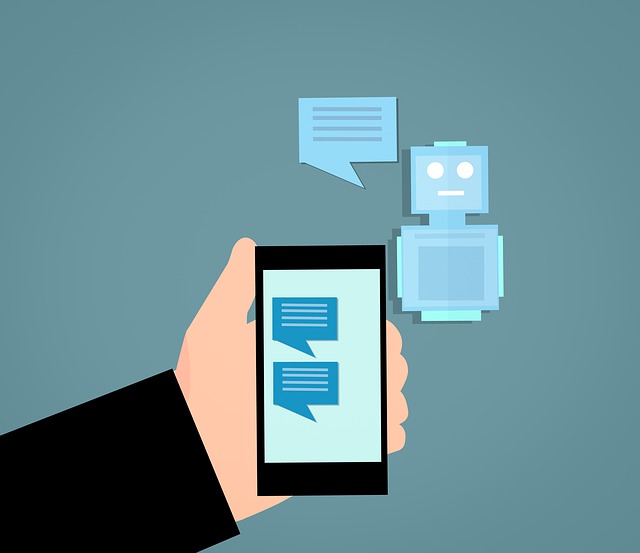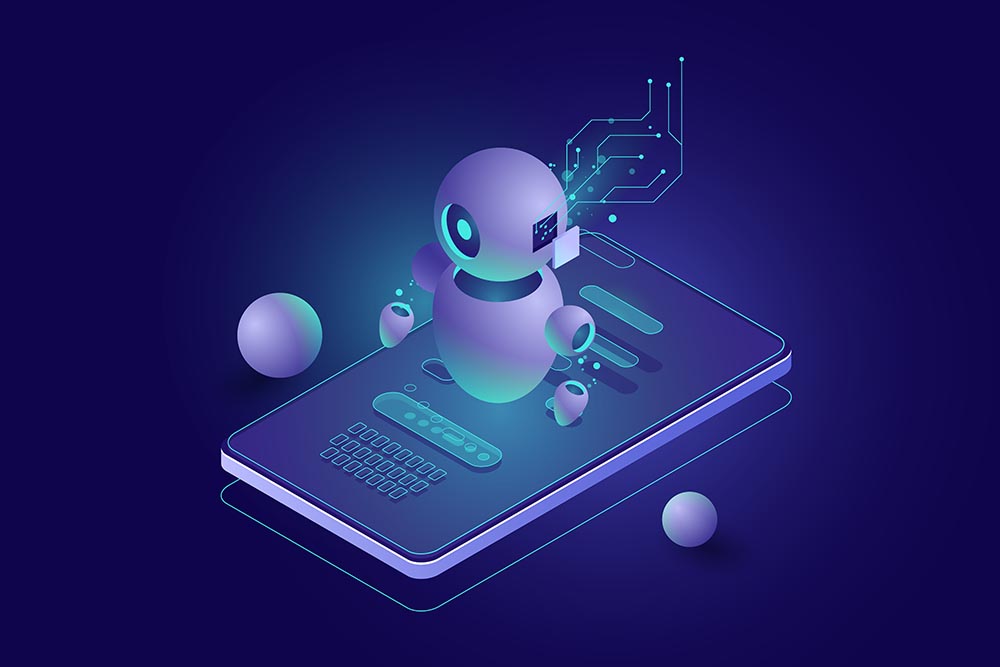Bad customer service is one of the most important reasons behind customers churn. As a matter of fact, 89% of customers switch to a competing brand after a poor customer experience.
What does that mean for an average small business?
We live in a hectic world, and people have grown pretty impatient. They want everything right now, which means that if you fail to respond to their complaints or questions within hours, they will be very disappointed. And yes, that counts as a poor customer experience.
How can you live up to their expectations and provide 24/7 support without having to break the bank?
Here’s a hint.
By 2020, chatbots will account for 85% of all customer service interactions.

Chatbots Never Sleep
This fact makes them perfect customer support reps.
People expect answers and help with troubleshooting even outside your regular working hours. So, why limit yourselves to landing new customers and making the existing ones happy only when your human customer service operators are online?
Instead of that, you can put your chatbot and Facebook messenger to good use by employing them to take orders, provide answers to some frequently asked questions about your products or services, help customers solve some product-related issues, or simply interact with the visitors on your website or Facebook page.
Let’s say that you’re running a dental practice, and a potential customer comes to your website or Facebook looking for a way to relieve an agonizing toothache in the middle of the night. A chatbot can provide them with a couple of first-aid tips and tricks and make an urgent appointment by checking your calendar and finding the first free time slot.
That way the person in pain won’t have to have to look for some instant relief elsewhere.
Another interesting example is Mastercard’s Facebook Messenger, which makes it easy for customers to keep track of their transactions, monitor how much they spend, and even get help with financial literacy at any time.
[optin-monster-shortcode id=”wbw80mm0fxs0v0dhpgku”]Two-Way Communication
Effective communication is essential for connecting with your prospects and customers on a deeper and more meaningful level.
As we’ve already concluded, today’s customers are demanding which means that if you want to engage them properly, you need to go well beyond that ordinary one-way approach to communication.
And while other marketing methods don’t exactly allow you to talk to your prospects in an instant and interactive manner, chatbots and the Facebook messenger can take your communication efforts to the next level. Sending an email and waiting for a reply is a clunky and time-consuming process and it doesn’t work for urgent matters.
And you can bet that your potential customers qualify all their questions and demands as such.
However, simple chatbots use prewritten scripts and closed-ended questions and can’t engage in complex, more natural conversations.
Smart chatbots, on the other hand, rely on advanced technologies such as AI, NLP, and machine learning to create a more engaging customer experience by asking your prospects about their needs and preferences, while sophisticated algorithms allow them to comprehend complicated lexical and grammatical structures. The NLP technology makes it possible for a smart chatbot to grasp the context and mimic human-like understanding, all of which is essential for establishing authentic and relatable conversations and building rapport. And, as we all know, rapport leads to customer loyalty, while loyalty increases retention.
Still, small businesses should start small and set realistic goals especially when it comes to introducing such technological improvements. So, make sure to consult a reliable website development company experienced in building chatbots and get the best advice on what fits your business.
Accurate Feedback
Chatting with your prospects and answering their questions isn’t the only thing chatbots are capable of. They play another important role – collecting and processing customer data.
Apart from obtaining some basic customer information such as their emails, location, or devices they use, chatbots can provide companies with some useful insights about what people think about their products or services, what bugs they encounter, or what they don’t understand when it comes to using particular features.
This way, businesses can improve their products or services, and create better versions of chatbots equipped with the functionalities which allow them to be more helpful.
But that’s not all. NLP-powered chatbots can analyze customer emails and Facebook messages and identify some frequently used words and phrases which can be later implemented into the SEO strategy as keywords.
With the synergy of big data and chatbots, you can tap into the power of predicting customer behavior. Every time your prospects interact with your chatbot or Facebook messenger they leave traces of data which can be compiled and processed. The result is the ability to predict what and when a particular customer will buy.
Besides that, this kind of analytics can be used for customer recommendations, upselling, and cross-selling. According to surveys, more than 22% of consumers are interested in receiving recommendations from chatbots, so make sure to leverage this feature as that’s how Amazon generates 35% of its revenue.
Personalization
Personalization isn’t just a buzzword that marketers casually toss around.
People want to feel unique and special, and a uniform, one-size-fits-all marketing approach can’t give them that.
Chatbots, on the other hand, let you target your customers and provide them with a highly-personalized experience. This basically means that these smart algorithms memorize every previous interaction with a particular customer and use that information to differentiate outreach and create a relatable message which will hit the right note with them.
For example, restaurants can add various polls and surveys to their chatbots and learn more about every customer’s food preferences and ordering habits. This will, in turn, allow them to suggest dishes, offer discounts, streamline the ordering process – and make their customers happy.
Take a cue from Domino’s Pizza, as the company nailed their personalization efforts by letting their customers place orders directly from Facebook Messenger, Google Assistant, and Amazon Alexa.
Spotify is another great example, as its chatbot offers recommendations based on the genre you like, your current mood, or activity.
Chatbots and Facebook Manager can be real game changers when it comes to growing and engaging your audience.
